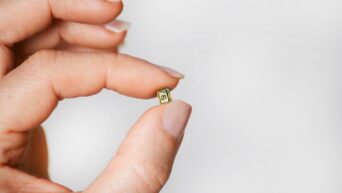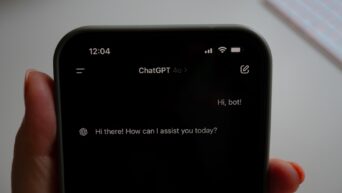A recent study of mice may have lead scientists to some positive information regarding people’s fight against ALS.
A friendly gut bacterium might help to lessen symptoms found in ALS.
Mice have developed a degenerative nerve disease similar to ALS. When bacteria making vitamin B3 was living in their intestines, the gut microbes could have been making molecules that slow the progression of the disease.
Before jumping right into treating humans, there is still a lot of work to be done. They have to prove that what they found in the mice could work in the same capacity in humans. To make the connection to humans, scientists saw that mice produce large amounts of a mutated form of the SOD1 protein. Similar to humans, if faulty SOD1 proteins clump together that could lead to the death of nerve cells.
Microbiomes of ALS mice contained almost no Akkermansia muciniphila bacteria. Restoring this bacterium helped to show the progression of the disease and mice lived longer than rodents that were not treated.
What is puzzling is the fact that Akkermansia in humans is usually associated with negative symptoms. It has been linked to Parkinson’s disease, Alzheimer’s dementia, and multiple sclerosis and has not produced positive results when more Akkermansia was added.
This study has opened the eyes of many to look into preliminary studies to see if increasing Akkermansia in humans can show a positive effect. A recent study did, in fact, show that people with ALS had less Akkermansia in their stool. If we are able to find a way to increase Akkermansia without causing more symptoms, this could be a major breakthrough for ALS patients moving forward.

































